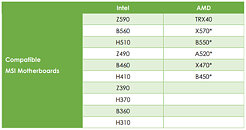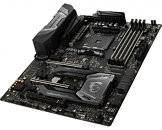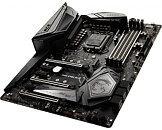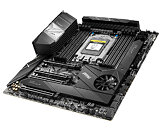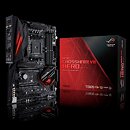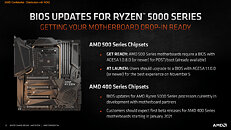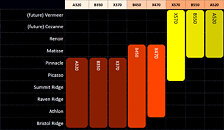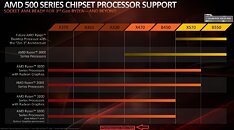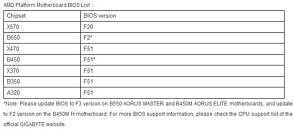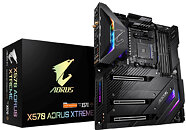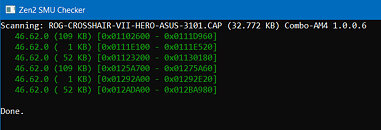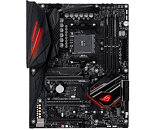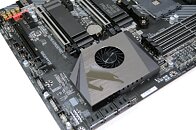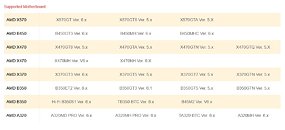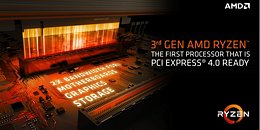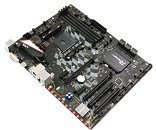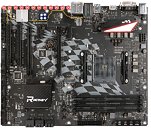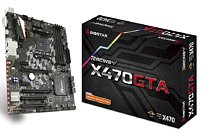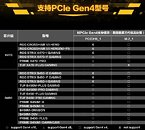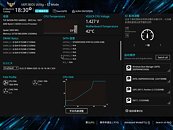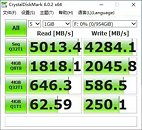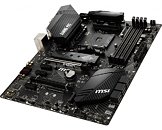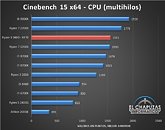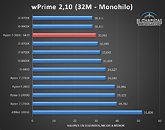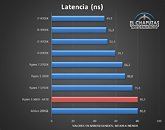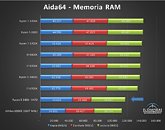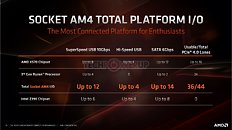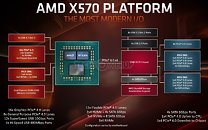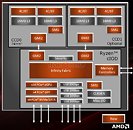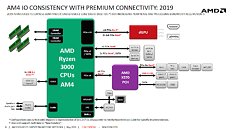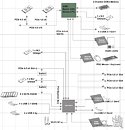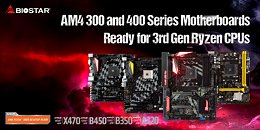
GIGABYTE AMD Motherboards Natively Support the Latest Ryzen Desktop Processors
GIGABYTE TECHNOLOGY Co. Ltd, a leading manufacturer of motherboards, graphics cards, and hardware solutions, today announced X570, B550, A520, X470, B450, and A320 motherboards can support the newly launched Ryzen 5000 and Ryzen 4000 series processors without updating BIOS. Users can customize their system according to personal budget, performance request, and accustomed configuration to enjoy the full advantages of GIGABYTE motherboards.
The new launched AMD processors include Ryzen 7 5700X, Ryzen 5 5600, Ryzen 5 4600G and Ryzen 5 5500, Ryzen 5 4500, Ryzen 3 4100, bring users more comprehensive options with various performance and pricing segment. To fully support and unleash all advantages of the new processors, GIGABYTE X570, B550, A520, X470, B450, and A320 motherboards are shipped to market with the latest BIOS. Users can either get the optimal performance by X series motherboards with Ryzen 7 5700X processors, or build a price-competitive platform of A series motherboards with Ryzen 3 4100 processors.
The new launched AMD processors include Ryzen 7 5700X, Ryzen 5 5600, Ryzen 5 4600G and Ryzen 5 5500, Ryzen 5 4500, Ryzen 3 4100, bring users more comprehensive options with various performance and pricing segment. To fully support and unleash all advantages of the new processors, GIGABYTE X570, B550, A520, X470, B450, and A320 motherboards are shipped to market with the latest BIOS. Users can either get the optimal performance by X series motherboards with Ryzen 7 5700X processors, or build a price-competitive platform of A series motherboards with Ryzen 3 4100 processors.








